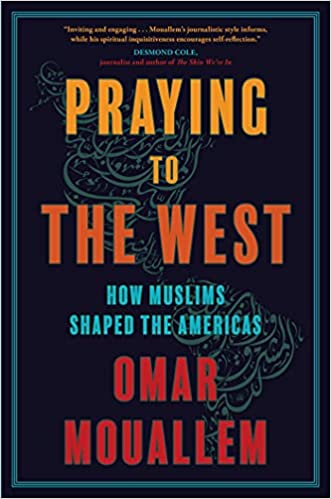
Praying to the West: How Muslims Shaped the Americas
Omar Mouallem
2021. Pp. 384. HB. $27.00. Kindle. $12.99
Simon & Schuster, Toronto, ON, Canada
Mouallem explores how Islam has survived and thrived in the Americas from industrialization to politics and states that there may be a place for it in his own life, particularly as a father, even if he will never be a true believer.
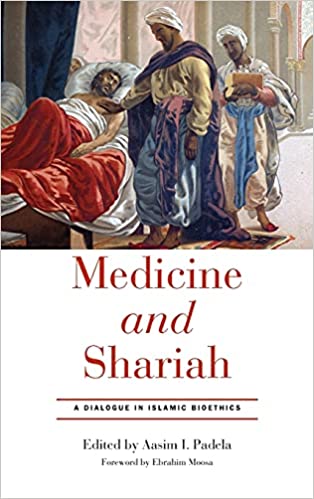
Medicine and Shariah: A Dialogue in Islamic Bioethics
Aasim I. Padela (ed.)
2021. Pp. 266. HB. $75.00. Kindle. $59.99
University of Notre Dame Press, Notre Dame, Ind.
Padela’s foundational compilation furnishes the necessary concepts and terms and concludes by offering a multidisciplinary model for ethical deliberation. Various analytic, empirical and normative lenses examine the interaction between biomedical knowledge (represented by physicians) and Islamic law (represented by jurists) in Islamic bioethical deliberations.
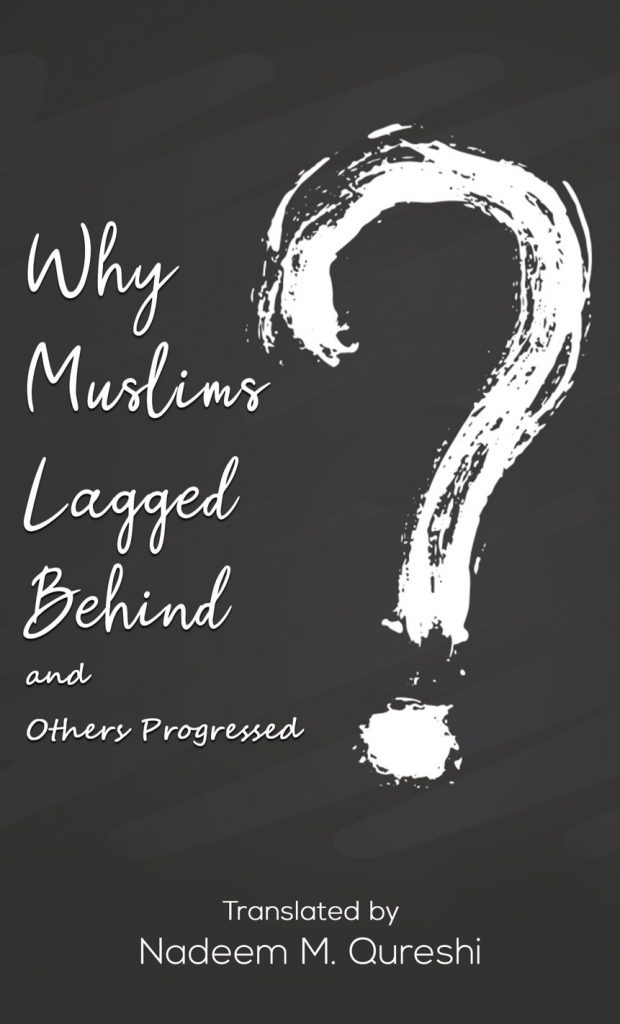
Why Muslims Lagged Behind and Others Progressed
Nadeem M. Qureshi (trans.)
2021. Pp. 126. HB. $15.34. PB. $11.24. Kindle. $4.50
Austin Macauley Publishers Ltd., London, U.K.
Qureshi offers a new English translation of Shakib Arslan’s 1930 book, which evolved out of his responses to Mohammad Basyuni Imran’s (the Imam of Java) 1928 request to explain and suggest how Muslims can overcome their backwardness. Arslan discusses advanced nations that retained their religious beliefs, several relevant studies, and how earlier Muslims managed to achieve so many things.
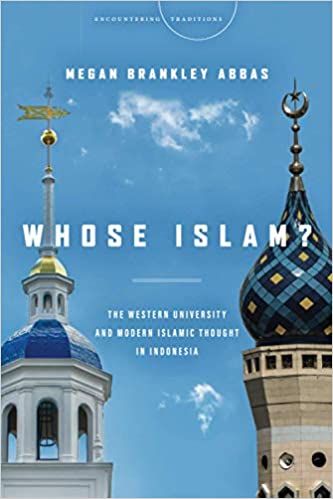
Whose Islam?: The Western University and Modern Islamic Thought in Indonesia
Megan Brankley Abbas
2021. Pp. 280. HB. $79.00. PB. $ 28.00. Kindle. $26.60
Stanford University Press, Palo Alto, Calif.
Abbas argues that top Indonesian Muslim leaders used to be educated in the Middle East or Indonesia. Starting in the mid-20th century, however, they flocked to Western universities and thereby forged powerful new transnational networks and disrupted prevailing modes of authority. This raises such issues as whether and how to protect the Islamic tradition from Western encroachment. For Western academics, these connections raise pressing ethical questions about their role in the global politics of development and Islamic religious reform.
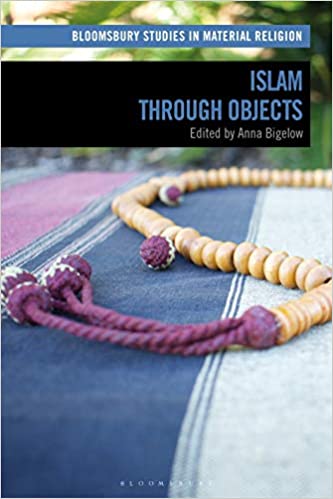
Islam through Objects
Anna Bigelow (ed.)
2021. Pp. 264. HB. $78.00. PB. $32.28. Kindle. $31.45
Bloomsbury Academic, London, U.K.
Contending that Islam’s aversion to the material aspects of religion is a myth, each chapter focuses on a single object in daily use. It then describes and analyzes each object’s provenance, materials, uses and history, as well as its broader history, variety and uses. Temporal, regional, and sectarian variations in style, use and theological perspective are also considered.
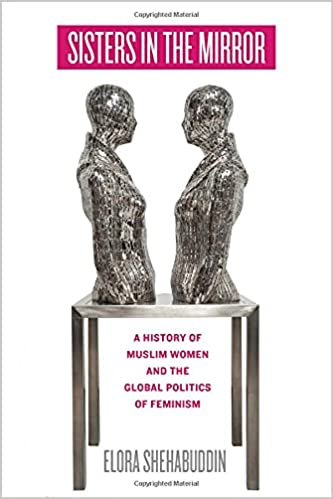
Sisters in the Mirror: A History of Muslim Women and the Global Politics of Feminism
Elora Shehabuddin
2021. Pp. 416. HB. $29.95. Kindle. $20.99
University of California Press, Oakland, Calif.
Shehabuddin presents feminism’s history as one of the colonial and postcolonial interactions. Although their world has often been on the losing side, Muslims have long constructed their own ideas about women’s and men’s lives in the West. The author shows how changes in women’s lives and feminist strategies reflect wider changes in national and global politics and economics.
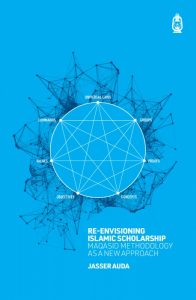
Re-envisioning Islamic Scholarship: Maqasid Methodology as a New Approach
Jasser Auda
2021. Pp. 284 PB. $20.00
Claritas Books, Swansea, U.K.
Auda integrates scholarship to show the connectivity of human thought and action within a purposeful universe of infinite possibilities. The maqasid (objectives of revelational guidance) manifest themselves through a process of emergence premised on deep understandings of all that shapes our understandings and help us re-envision research agendas, educational institutes and organizational strategies.
Traditional Islamic Ethics: The Concept of Virtue and its Implications for Contemporary Human Rights
Irfaan Jaffer
2021. Pp. 184. HB. $49.00
Vernon Press, Wilmington, Del.
Jaffer contends that the current understanding and implementation of international human rights needs to be more flexible and inclusive, for “The Universal Declaration” and its offshoots remain based on secular-liberal principles and thus at odds with other cultural traditions. Focusing on the liberal, progressive, traditional and fundamentalist responses offered, he concludes that the Western and Islamic traditions aren’t mutually exclusive.
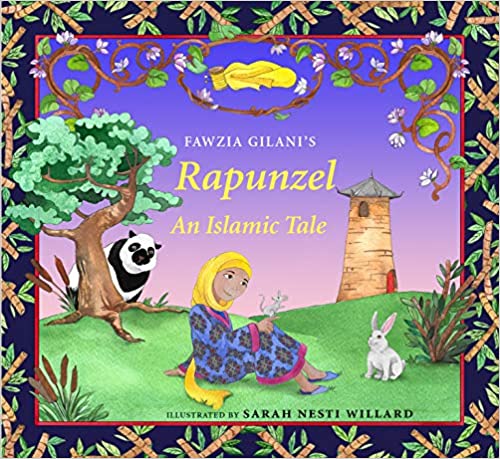
Rapunzel: An Islamic Tale
Fawzia Gilani (illus. Sarah Nesti Willard)
2021. Pp. 44. HB. $14.00
Kube Publishing Ltd., Leicestershire, U.K.
A hard-hearted old woman takes a woodcutter and his wife’s baby daughter in payment for a few rapunzel leaves. Although not a cruel woman, she renames the girl Rapunzel so her parents can’t find her. In time, Rapunzel grows into a young, inquisitive, kind and generous lady. But will she ever be reunited with her parents?